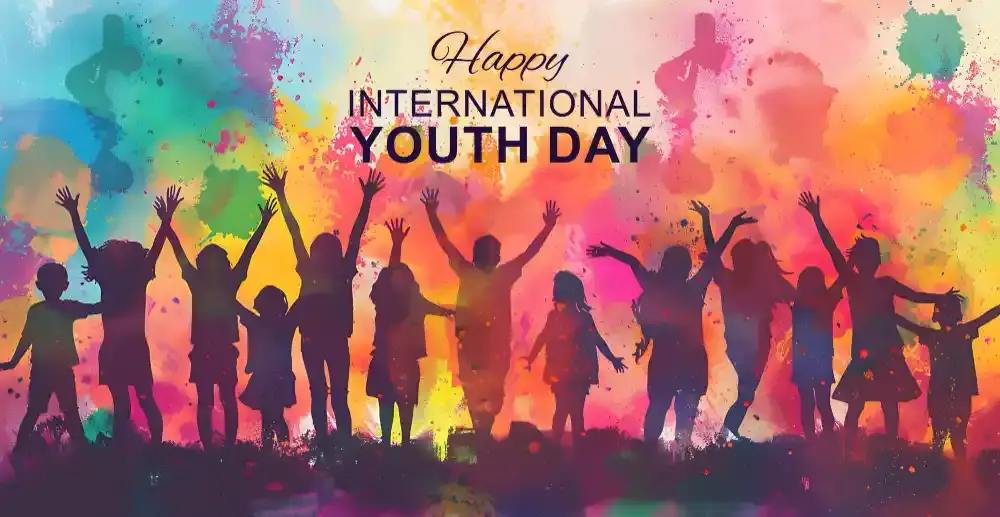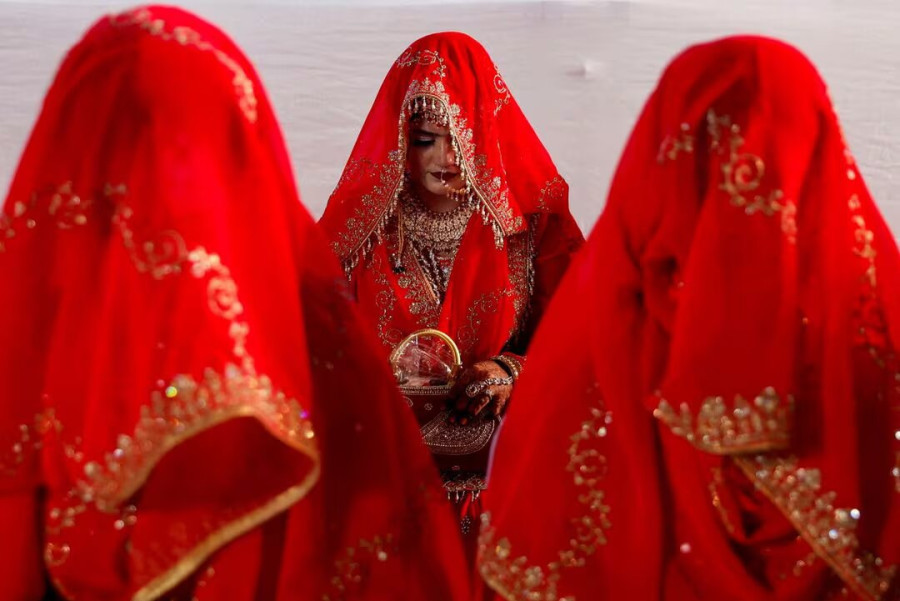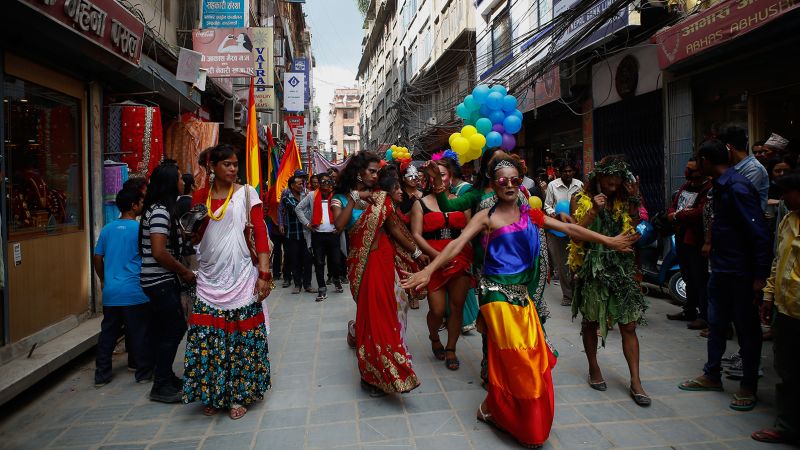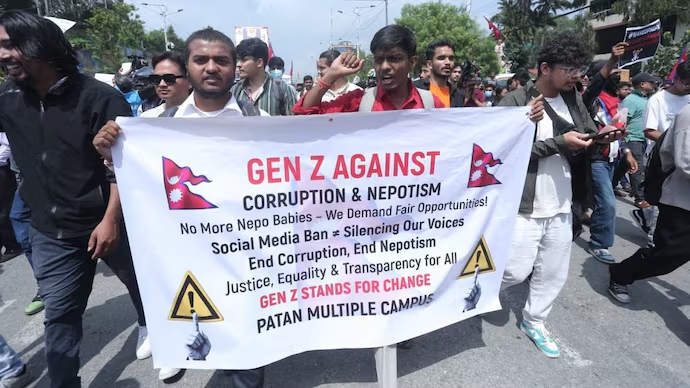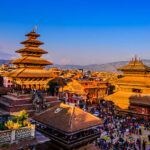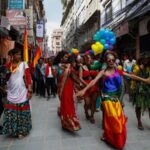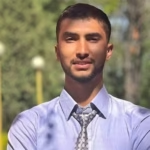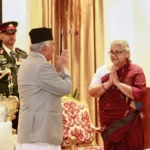Now Reading: Nepal Lifts Social Media Ban After Deadly Protests Leave 19 Dead
-
01
Nepal Lifts Social Media Ban After Deadly Protests Leave 19 Dead
Nepal Lifts Social Media Ban After Deadly Protests Leave 19 Dead
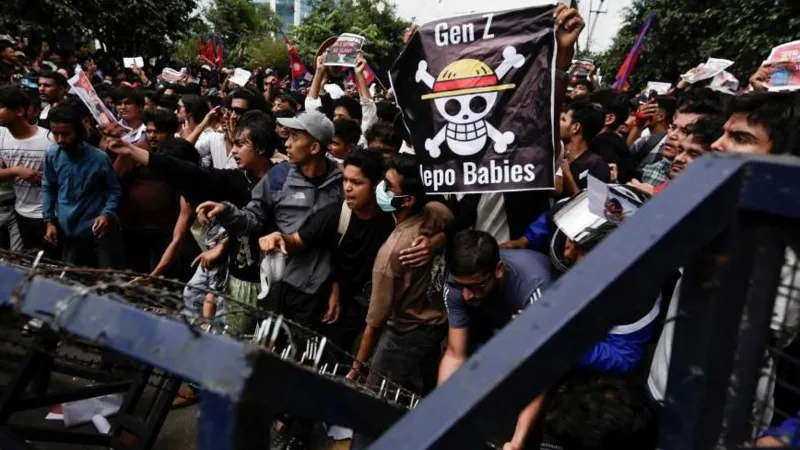
Nepal has lifted its week-long social media ban after nationwide protests turned deadly, leaving at least 19 people dead and more than 100 injured. The decision came after thousands of young demonstrators stormed parliament in Kathmandu, demanding an end to the ban and action against corruption, BBC reported.
Kathmandu — Nepal has lifted its controversial ban on social media platforms after nationwide protests spiraled into deadly clashes with police, leaving at least 19 people dead and more than 100 injured, BBC reported.
Thousands of young protesters stormed the parliament building in Kathmandu on Monday, demanding the government reverse its ban on 26 platforms—including Facebook, YouTube, and Instagram—and calling for stronger action against corruption.
Following an emergency cabinet meeting late on Monday, Communications and Information Minister Prithvi Subba Gurung announced that the ban would be lifted to “address the demands of Gen Z.”
The government had originally justified the week-long ban as an effort to curb fake news, hate speech, and online fraud. However, young demonstrators argued the move reflected an authoritarian approach, carrying placards with slogans such as “enough is enough” and “end to corruption.”
Some protesters hurled stones at Prime Minister KP Sharma Oli’s residence in Damak. In response, security forces deployed water cannons, batons, and rubber bullets to disperse crowds in Kathmandu and other towns.
One protester, Sabana Budathoki, told the BBC that the ban was merely a trigger. “Rather than [the] social media ban, I think everyone’s focus is on corruption. We want our country back. We came to stop corruption,” she said.
The demonstrations were fueled by growing anger over a popular “nepo kid” campaign circulating online, which accused politicians’ children of enjoying lavish lifestyles allegedly funded through corruption.
Prime Minister Oli said he was “deeply saddened” by the loss of life, blaming the violence on “infiltration by various vested interest groups.” He pledged to establish an inquiry panel, offer financial relief to victims’ families, and provide free medical treatment for the injured.
Amid mounting criticism of the government’s handling of the unrest, Home Minister Ramesh Lekhak resigned on Monday evening.
Authorities had imposed the ban last week after social media companies failed to comply with a registration deadline set by the Ministry of Communication and Information Technology. Officials insisted the move was not a blanket ban but an attempt to regulate platforms under Nepali law.
With the ban now lifted, attention has shifted to whether the government will take meaningful steps to address corruption—an issue that young Nepalis say lies at the heart of the unrest.
